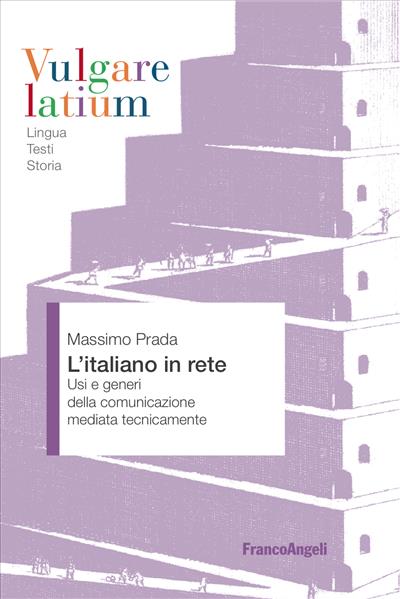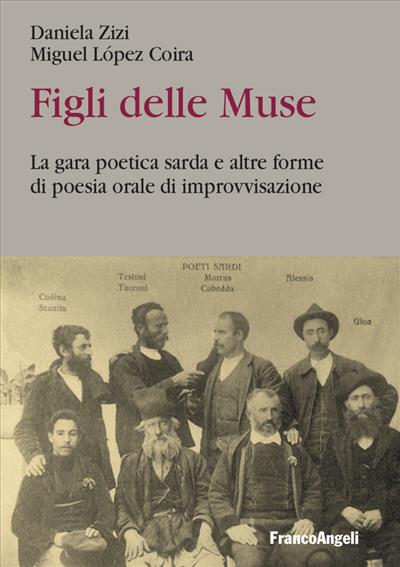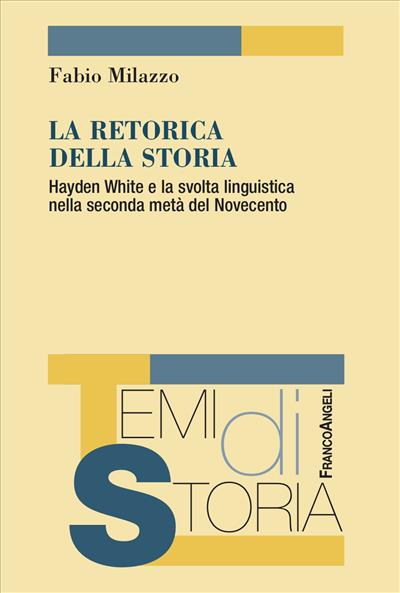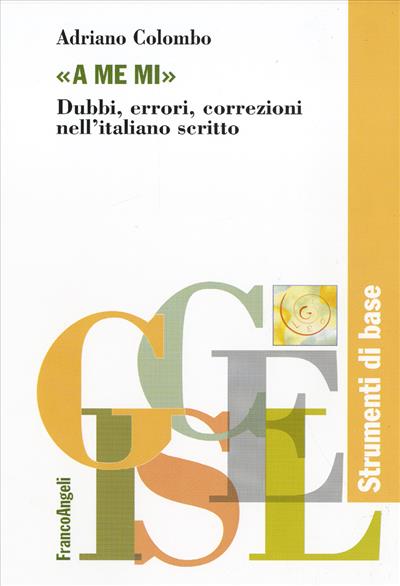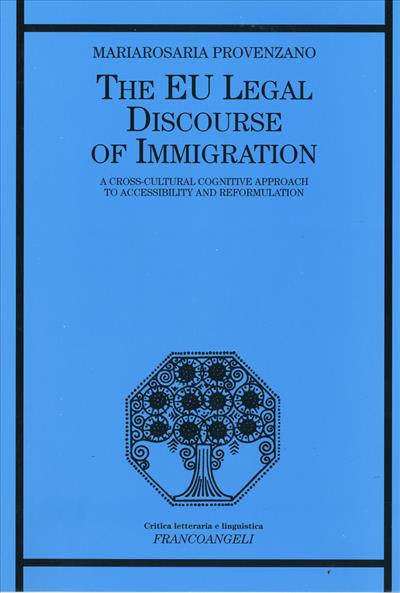
The EU Legal Discourse of Immigration.
A Cross-Cultural Cognitive Approach to Accessibility and Reformulation
The volume proposes an integrated model based on a cognitive and systemic-functional approach to the understanding of the English language used as a lingua franca in the specialized context of the legal discourse of Immigration and Political Asylum. The project draws on the awareness that the Western contextualisation of the law is based primarily on the sharing of a set of cognitive and socio-cultural schemata between the text producer and the potential text receiver.
Pagine: 160
ISBN: 9788856801217
Edizione: 1a edizione 2008
Codice editore: 291.65
Disponibilità: Discreta
